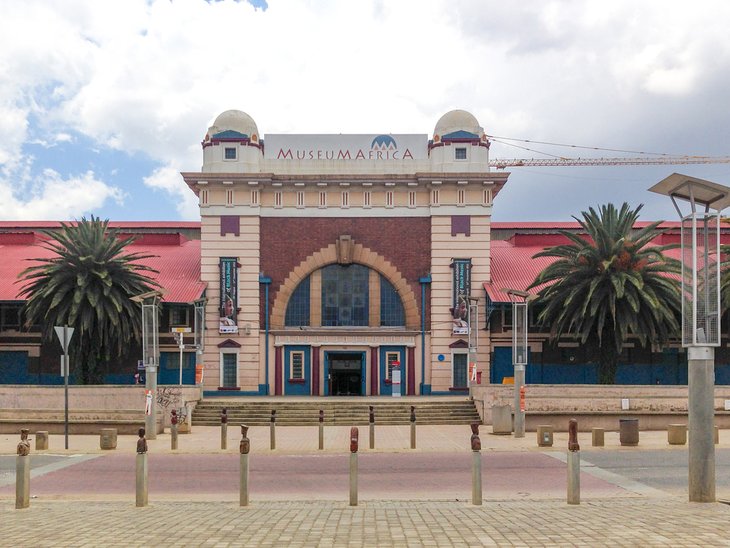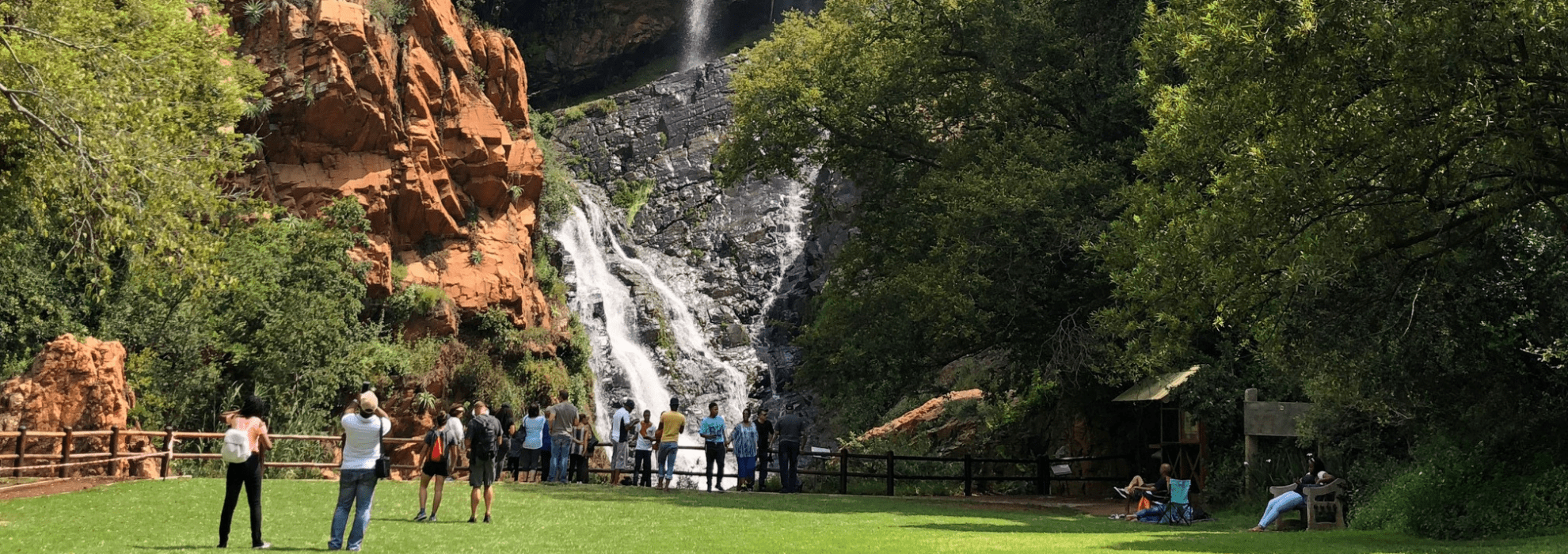All About Johannesburg North Attractions
All About Johannesburg North Attractions
Blog Article
Getting The Johannesburg North Attractions To Work
Table of ContentsThe Greatest Guide To Johannesburg North AttractionsSome Known Questions About Johannesburg North Attractions.The Greatest Guide To Johannesburg North AttractionsJohannesburg North Attractions Things To Know Before You BuyJohannesburg North Attractions Can Be Fun For AnyoneThe Best Strategy To Use For Johannesburg North AttractionsJohannesburg North Attractions Things To Know Before You Get This
You must maintain safety in mind and travelers should remain alert at all times when in unknown surroundings. Talk to the residents when you are in community to learn about the area you are remaining in. Johannesburg North attractions. When on the road (this does not use to shopping center and other secure environments) finest general recommendations is to attempt your finest to look like a local and to stay clear of presenting any type of kind of riches
Getting The Johannesburg North Attractions To Work
Teacher Revil Mason O. J. (Thomson, 1946) explored the Witwatersrand's pre-colonial history. His archaeological work exploded the 'em pty land' myth, according to which the region was without human habitation before the arrival of European inhabitants. In his magazines Prehistory of the Transvaal: A Document of Human Task (1962) and Origins of Black Individuals of Johannesburg and the Southern Western Central Transvaal Advertisement 3501880 (1986 ), Professor Mason demonstrated the degree of social and financial advancement in the location prior to Europeans established foot below.

A Biased View of Johannesburg North Attractions
In 1878, David Wardrop found gold in quartz veins at Zwartkop, north of Krugersdorp. In 1881, Stephanus Minnaar came across gold on the farm Kromdraai, near the Cradle of Humankind.
In March 1886, an outcropping (quickly to be called the Key Coral reef) was located, fairly fortuitously, on Gerhardus Oosthuizen's farm Langlaagte. Some claim that the Lancastrian coal miner George Walker discovered this coral reef. An additional itinerant English prospector, George Harrison (who had actually previously operated in Australian mines) gotten a prospecting licence in respect of Langlaagte in Might 1886.
He chose to go on in a pursuit for greener pastures, and disposed of his Langlaagte case for the princely amount of 10. Alas: below lay the wealthiest goldfield ever before discovered. The discovery of this abundant auriferous reef provoked a gold thrill that signified the end of bucolic tranquillity in the southerly Transvaal.
It would certainly, within six years, become the biggest community in southerly Africa. Within a years, it would make the Z. A. R. until then an anarchical and bankrupt little state the most affluent country in Africa. By the turn of the century, the Z. A. R. was to go beyond Russia, Australia and the USA of America to become the globe's leading gold manufacturer, generating even more than a quarter of the world's gold.
The Of Johannesburg North Attractions
It was called Ferreira's Camp, called after Colonel Ignatius Ferreira. He was a Boer adventurer upon whom the British authorities had bestowed the standing of Companion of the Many Distinguished Order of St Michael and St George (entitling him to the post-nominal letters C. M. G.) in thankfulness for his duty in the battle that had deposed the Pedi king Sekhukhune in 1879.
Quickly the camp was teeming with outdoors tents and wagons as newcomers got here daily from everywhere. By September 1886, some 400 people stayed in Ferreira's Camp, which quickly flaunted upraised iron and timber buildings. Two various other camps were developed: Meyer's Camp on the ranch Doornfontein, and Paarl Camp. The latter was nicknamed Afrikander Camp; many individuals from the Cape Swarm cleared up there.

The smart Trick of Johannesburg North Attractions That Nobody is Talking About
This name got currency by i loved this word of mouth, such that the State Assistant verified the name to the Mining Commissioner on 9 October 1886. Stands in the village were auctioned on 8 December 1886. While some stands were marketed for 10, others were torn down for as little as sixpence.
Two years later on, these erven were to change hands for as high as 750 each. The tented camps diminished as a dorp of corrugated iron structures created and broadened north of the mines located along the Main Reef Road. Locations such as Jeppe's Community (where working-class immigrants erected their residences) and Doornfontein (where the wealthy new 'Randlords' began to construct their luxurious residences) were quickly included in the ever-expanding map of the community.
Some Known Questions About Johannesburg North Attractions.
Apart from the street names, there were no indicators of Johannesburg being positioned in a Dutch-speaking nation. Several years later on, C. W. Kearns O. J. (one of the initial young boys signed up at St John's University in 1898) would recall: 'An odd truth concerning Johannesburg was that, although it remained in the [Boer Republic], virtually everyone spoke English and even the Government slaves addressed one in English, unless they were very first addressed in the Taal (or Reduced Dutch)'.
Britain had an interest in making certain optimum conditions for gold manufacturing on the Witwatersrand, and that the gold was exported to London rather than Berlin a necessary rendered all the much more clamant by the Z. A. R.'s enhancing toenadering with Germany. Mine owners were on a clash with President Kruger, whose plan of monopolistic giving ins (usually approved to his cronies) avoided mining firms from acquiring supplies of products (specifically dynamite) and labour on their own, cheaper terms
The Single Strategy To Use For Johannesburg North Attractions
In 1890, the Volksraad had click here for info restricted the franchise business to white guys who had resided in the Z. A. R. for fourteen years or longer, thus disqualifying the majority of the immigrants (who happened to be the significant contributors to the fiscus). Nonetheless, anxiety for the vote was a simple pretense for promoting a various schedule; many uitlanders concerned themselves as temporary site visitors and had no intent of continuing to be in the Z.
Report this page